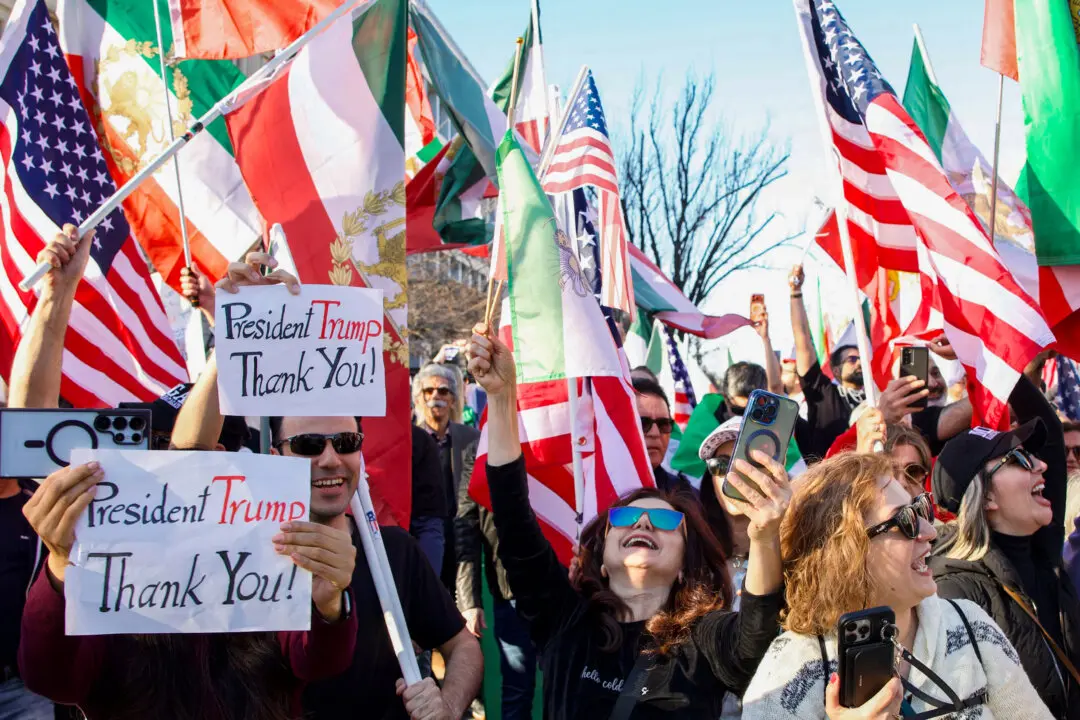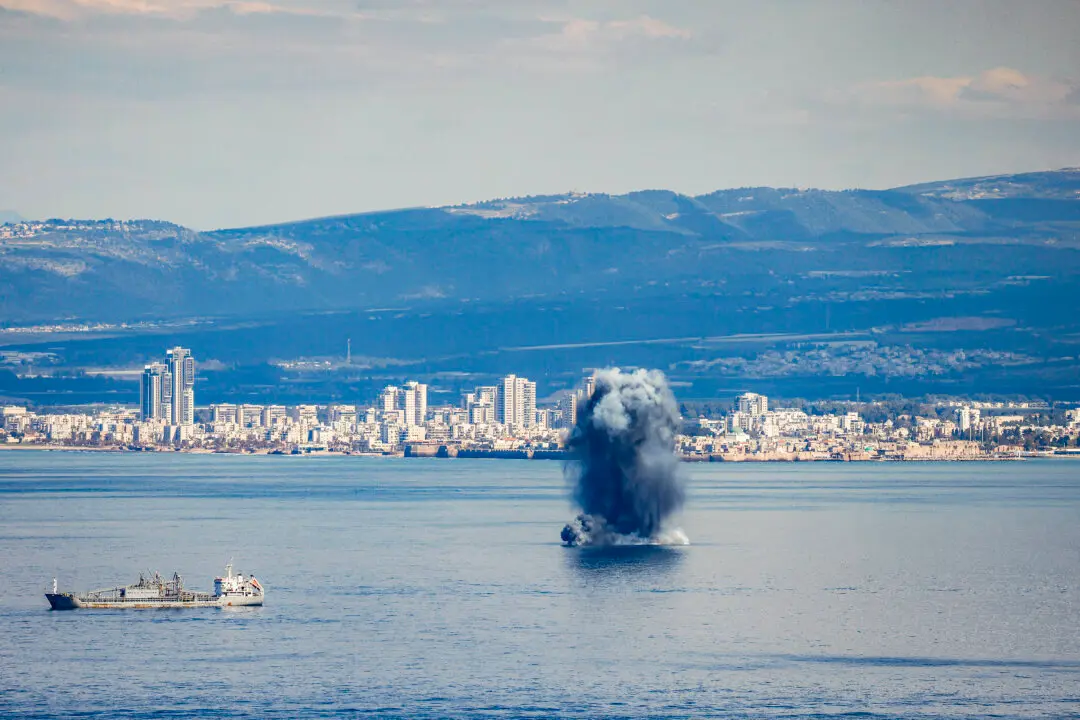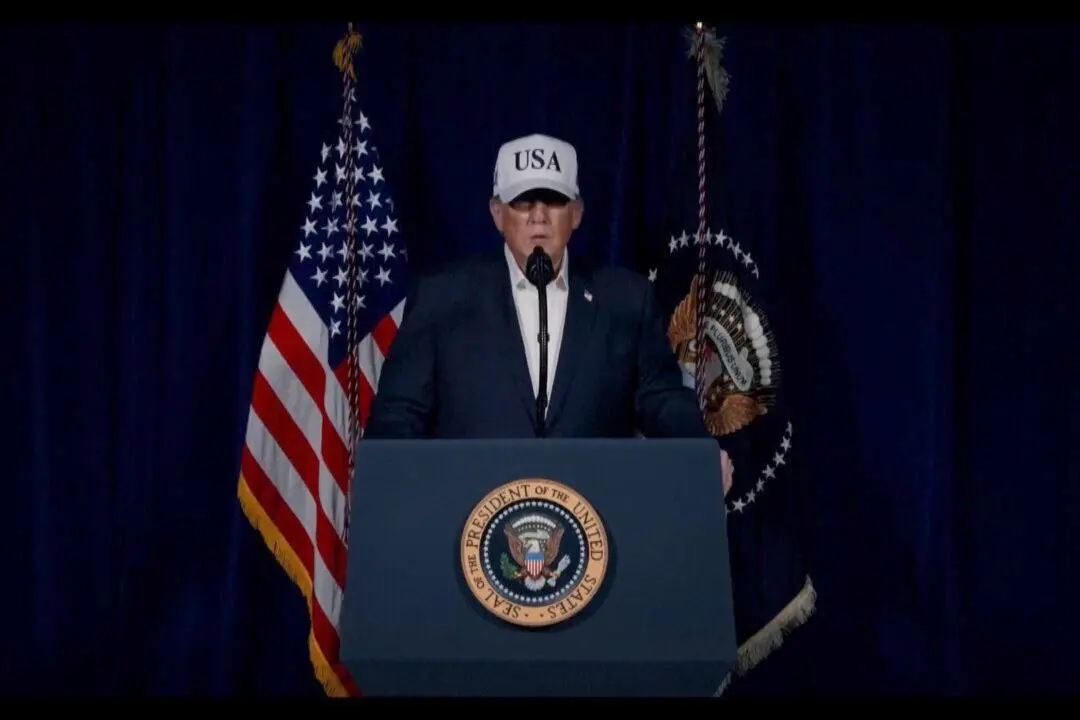The latest on the Russia–Ukraine crisis, May 10. Click here for updates from May 9.
House Approves $40 Billion in Ukraine Aid
The U.S. House emphatically approved a fresh $40 billion Ukraine aid package Tuesday as lawmakers beefed up President Joe Biden’s initial request, signaling a magnified, bipartisan commitment to thwart Russian President Vladimir Putin’s bloody three-month-old invasion.The measure sailed to passage by a lopsided 368-57 margin, providing $7 billion more than Biden’s request from April and dividing the increase evenly between defense and humanitarian programs.





